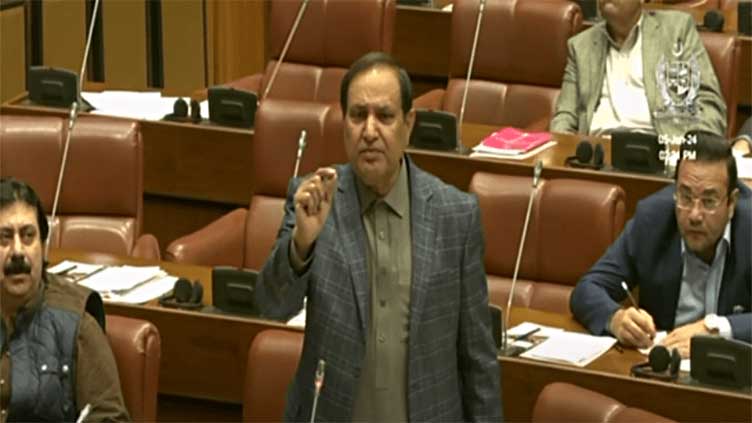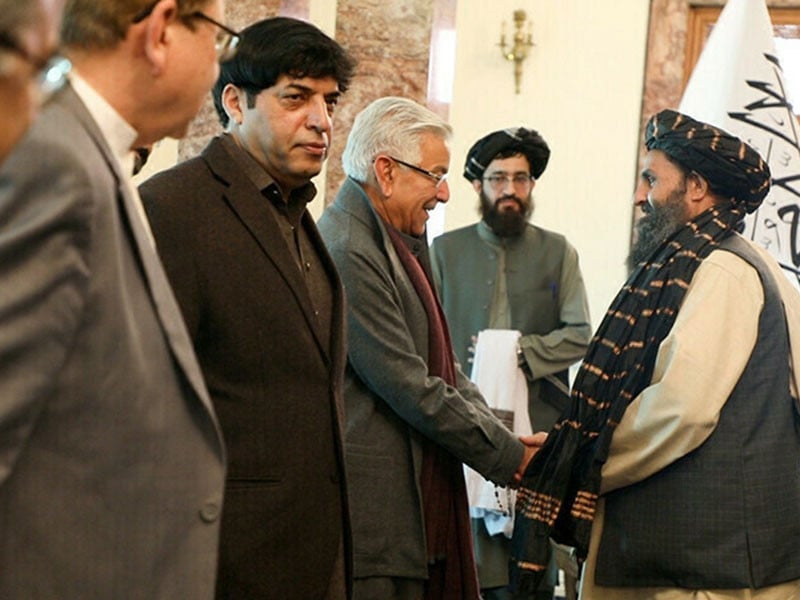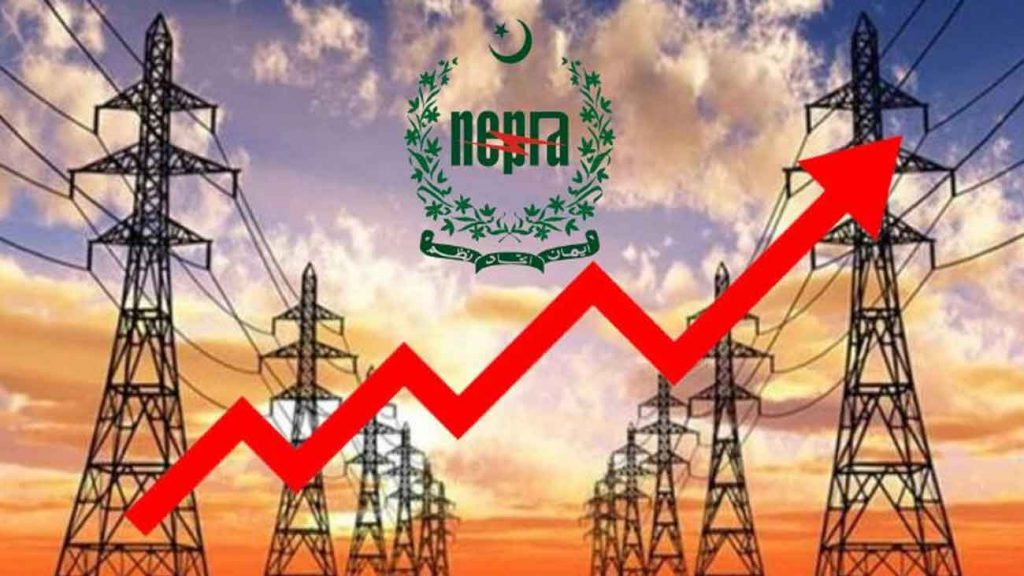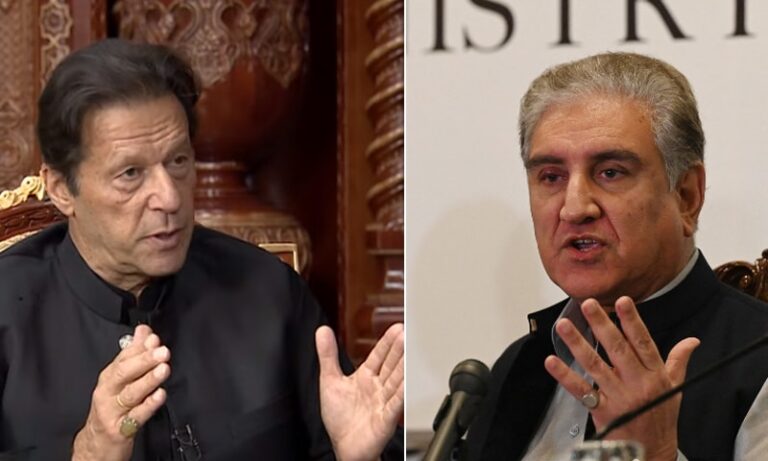Editorial
Pakistan’s Senate has thrown a wrench into the country’s upcoming elections by passing a non-binding resolution urging their postponement. Citing both security concerns and challenging winter conditions, this move injects a hefty dose of uncertainty into an already volatile political landscape. The resolution highlights threats to politicians and a surge in security incidents, particularly in Khyber Pakhtunkhwa and Balochistan. While addressing security concerns is paramount, a delay based solely on this justification can be a slippery slope. Postponing elections based on security anxieties creates a dangerous precedent, potentially enabling future manipulation and undermining democratic legitimacy.
The resolution also cites the harsh winter as an impediment to campaigning and voter turnout. This argument carries some weight, as Pakistan’s mountainous regions endure harsh winter conditions. However, critics point out that winter has never previously stalled elections, raising questions about whether this concern masks other agendas. Could this be a strategic move to buy time for certain political parties or weaken opposition momentum?
The former Prime Minister’s incarceration, legal battles, and the rejection of his nomination papers add another layer of complexity. His supporters might interpret the election delay as a targeted ploy to keep him out of the race, further fueling political and social tensions.
The perceived influence of the military remains a persistent concern. The timing of the Senate’s resolution and its alignment with certain factions’ interests cannot be entirely ignored. Whispers of the Establishment’s hand in the proceedings, while difficult to substantiate, add to the mistrust and suspicion around the delay. The Pakistani government faces a precarious balancing act. Ensuring the safety of citizens and electoral processes is of utmost importance. However, succumbing to pressure or manipulating democratic processes under the guise of security can have damaging long-term consequences. Transparency and trust-building measures are crucial to navigate this delicate dance.
Parties like PTI likely feel unfairly targeted by legal actions and election commission decisions. The delay further fuels their grievances and raises concerns about potential disenfranchisement. Addressing these concerns and ensuring a level playing field is crucial for maintaining the integrity of the electoral process. The coming weeks will be a test of Pakistan’s political resilience. Debates over election dates, legal challenges, and political manoeuvring will dominate the headlines. Finding common ground and upholding democratic principles amidst the chaos will be critical for Pakistan’s political stability.
Pakistan’s Senate has sown the seeds of uncertainty, and the nation now stares down a crucial juncture. Whether the elections are postponed and, if so, under what conditions will have significant ramifications for the country’s future. The world watches with bated breath as Pakistan navigates this turbulent political landscape, hoping democratic principles prevail.
Please, subscribe to the YouTube channel of republicpolicy.com

















































